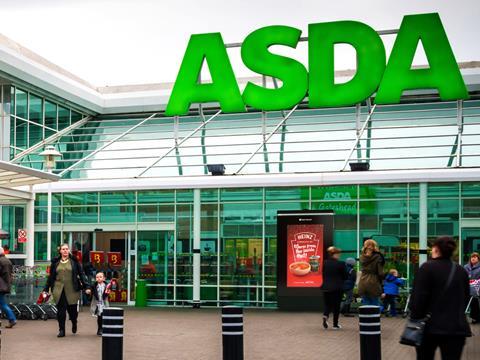
Asda’s catastrophic 7.5% like-for-like quarterly sales slump is unsurprisingly the major focus on this morning’s business pages.
“Asda sales slump to a record low”, the headline in The Times (£), which calls the results “a grim debut for Sean Clarke”. “The scale of the problems facing the new boss of Asda was laid bare yesterday as Britain’s second-largest grocer posted its worst sales figures of all time,” says The Daily Mail.
“Asda goes back to basics after worst quarterly sales fall” writes The Telegraph, adding: “Andy Clarke admitted with some understatement that Asda was in the middle of a “challenging” period, as US parent company Walmart said that a return to “retail basics” was on the cards.
Doug McMillon, Walmart chief executive, pointed to the UK’s supermarket price war to explain the poor performance, saying the “competitive environment and food deflation continued to challenge the market, significantly impacting traffic and comparative sales”. (The Financial Times £)
Asda has said it will not be increasing its investment in a price cuts regime despite a further 7.5% slump in sales in the spring, writes The Guardian. But despite suggestions that Asda would try to win back shoppers from the likes of Aldi and Lidl with aggressive price cuts, Walmart CFO Brett Biggs said the company remained “committed to the previously announced five-year £1.5bn price investment”. (The Guardian)
The Times (£) analyses whether “the balloon gone up on Walmart’s big buy?”, writing: “Asda and Walmart have never quite lived up to the hype. Asda has not once eclipsed Tesco as Britain’s largest grocer, even during its rival’s recent turmoil relating to an accounting scandal and falling sales.”
Meanwhile, Walmart reported a strong second quarter on Thursday, as an increase in US same-store sales helped it beat estimates and raise full-year guidance, in further evidence that its turnround plan is gaining traction. (The Financial Times £)
The FT’s Lex column looks at Walmart’s surprising outperformance, writing: “The sceptics thought Walmart could not adopt to the new world of retail. It has started to do so. Whether it will remain the best part of its defensive old self remains to be seen.” (The Financial Times £)
Away from retail, global deflationary pressures as well as a weaker Chinese economy led to a sharp fall in organic sales growth at Nestlé in the first half of the year, highlighting the strategic challenges facing the world’s largest food and drinks company (The Financial Times £). Record low prices in Europe and tough trading conditions in China hit first-half results at the owner of Rowntree and maker of Maggi Noodles. (The Times £)
The FT’s Lex column says Nestlé cannot outrun consumer trends. It writes: “Selling sweets, ready meals, water and pet food around the world, consumer giant Nestlé cannot evade global trends. The globe is in a deflationary downswing, rendering impossible a former target of 5-6 per cent for growth in sales.” (The Financial Times £)
Britain’s shoppers have shrugged off uncertainty caused by the Brexit vote with retail sales rebounding a month after the referendum as warmer weather boosted trade (The Guardian). Pound breaks $1.31 as UK retail sales smash expectations post-Brexit, writes The Telegraph. Pound jumps after shoppers shrug off Brexit uncertainty and go on July spending spree (The Daily Mail). British shoppers hit the high street with enthusiasm in July, shrugging off concerns about the Brexit vote. (The Financial Times £)
Leading retailers have criticised the government’s watered-down childhood obesity strategy, arguing it would be better if ministers imposed mandatory cuts to sugar levels in food rather than leaving it up to voluntary action by manufacturers. (The Guardian)
The Co-operative Bank warned that the economic impact of the Brexit vote was a threat to its recovery plans as the troubled lender revealed a narrowed first-half loss of £177m (The Guardian). The Co-operative Bank was the latest big lender to warn that lower interest rates in the wake of Brexit will hit growth. (The Daily Mail)
The biggest ever shipment of English sparkling wine is being sent to America today from producers across the UK. More than 5,000 bottles are leaving Southampton docks – the first ever full container to be shipped from Britain to any export destination. (The Daily Mail)
Amazon plans to open a new delivery warehouse in Essex next year, creating 1,500 permanent jobs. It will be the company’s 13th fulfilment centre in the UK, where Amazon employs a total of 15,500 people. (The Guardian)







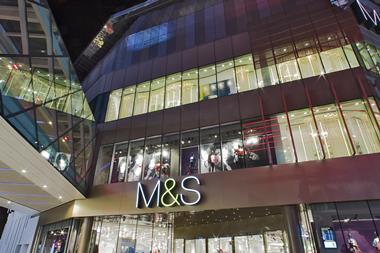

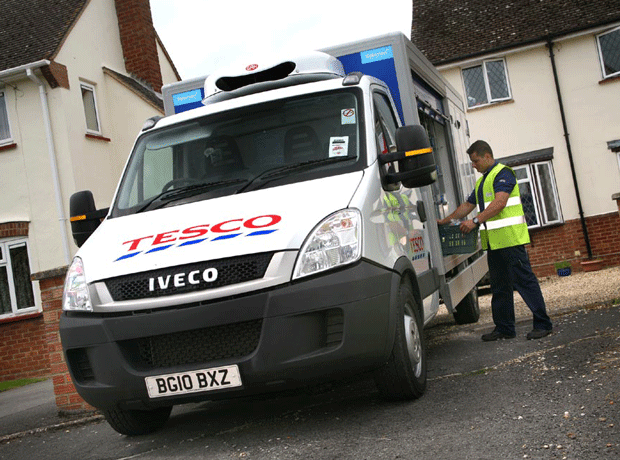
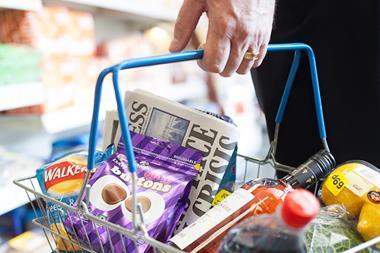
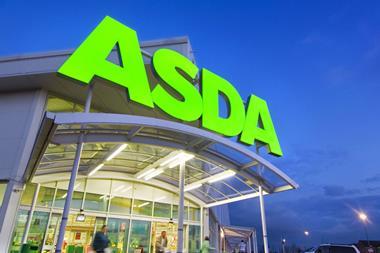
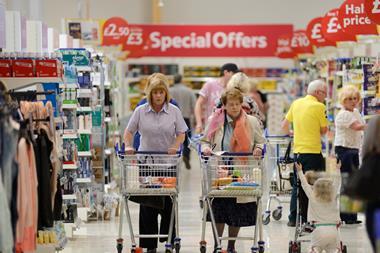

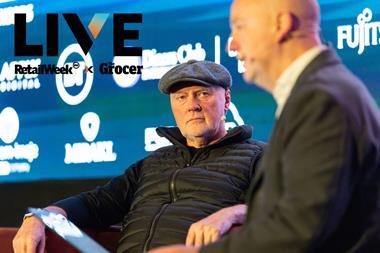
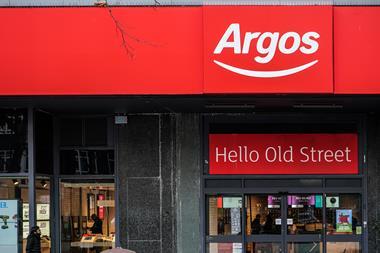
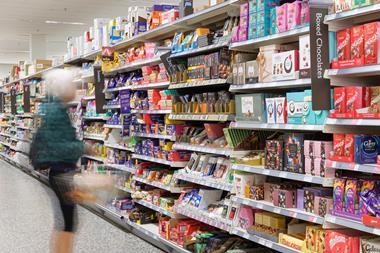
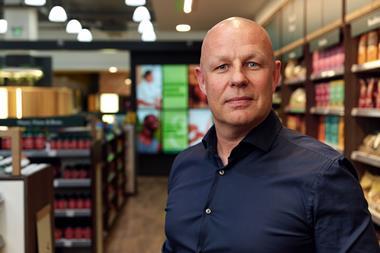

No comments yet